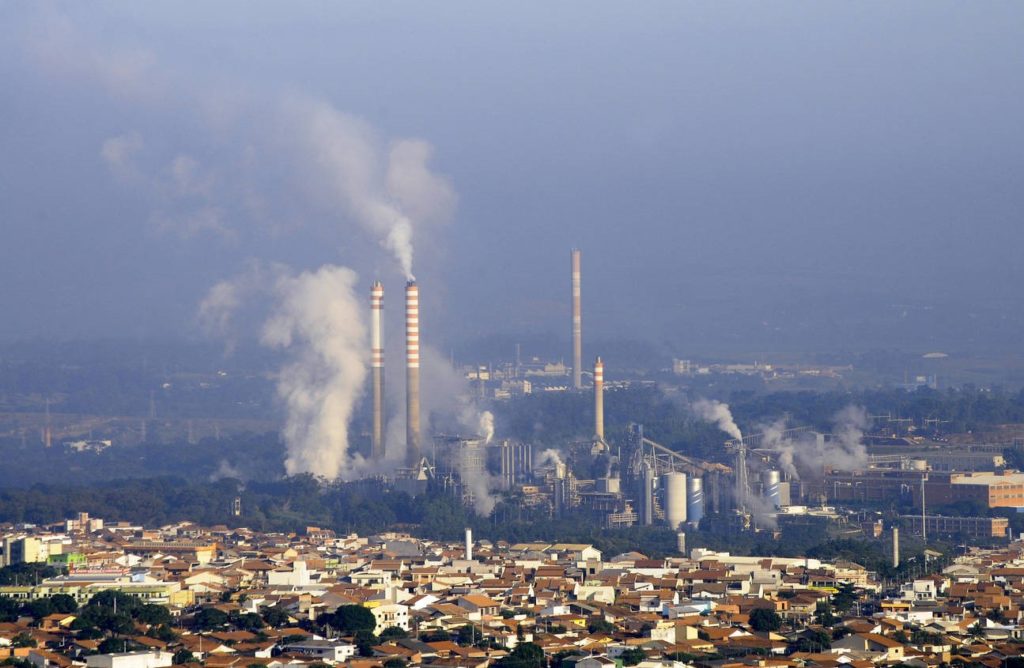By Contributing Reporter
RIO DE JANEIRO, BRAZIL – In the week dedicated to the environment, a study revealed that most Brazilian states do not monitor air quality.
Breathing smoke released by vehicles, factories, and fires is a fatal routine for many Brazilians. Air pollution kills 50,000 people a year in Brazil, in addition to those whose health is undermined by smoke.

If the National Air Quality Control Program, developed 30 years ago, were still in operation, things would be quite different. According to Pronar rules, all states should have monitoring and warning systems for their population.
The Jornal Nacional exclusively obtained the results of a survey by the Health and Sustainability Institute and the Federal Public Prosecutor showing the discontinuation of this program.
Throughout Brazil, according to the study, there are only 319 active monitoring stations, most of them are in the Southeast Region. In the majority of cases, these stations do not measure the prevalence of the most harmful substances.
Few cities in Brazil have available equipment to measure air quality. Only six states and the Federal District hold air quality monitoring programs, and only two states, São Paulo and Espírito Santo, provide real-time information on the number of airborne pollutants.
Even when air quality is considered critical and harmful to health, these states fail to issue alerts to the population.
In cities like London and Paris, when pollution levels are alarming, governments may adopt extreme measures, such as limiting the circulation of vehicles.
Last week, the Public Prosecutor’s Office filed an action at the Federal Supreme Court seeking to declare unconstitutional the resolution establishing standards of air quality in Brazil.
The complaint alleges that “the resolution provides insufficient protection for the fundamental right to health and the environment, in addition to the precarious disclosure of environmental information to the population.”
The Environment Ministry said it would fund a pilot project to install monitoring centers in all of the country’s capitals.

